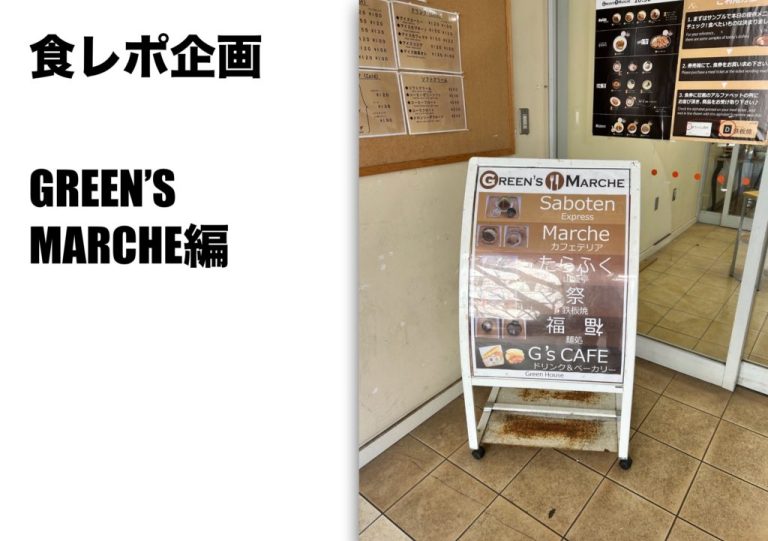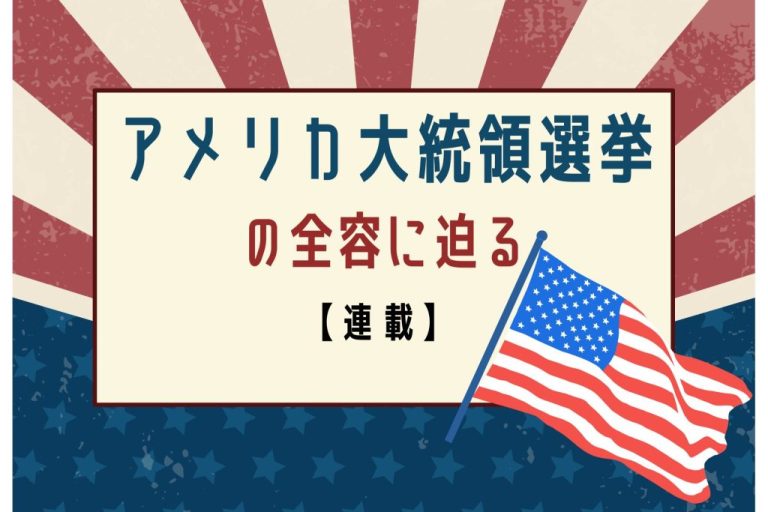
A scale model of a prison
What do you think of the Republic Union of the of Myanmar? Myanmar is located in South East Asia and is made up more than one hundred ethnic groups. One of the most famous citizens of Myanmar for Japanese is Ms. Aung San Suu Kyi who has devoted most of her life to bringing democracy to the country. Not only her but also many of her supporters have participated in the democracy movement and many of them have been arrested as political prisoners.
Assistance Association for Political Prisoners
The Assistance Association for Political Prisoners (AAPP) is a human rights organization based in Mae Sot, Thailand and Rangoon, Burma. This association advocates for the release of all remaining political prisoners in Myanmar and for the improvement of conditions during their incarceration and help with daily life when they are released. The AAPP has developed rehabilitation and assistance programs for those political activists who have been released. The association also documents the ongoing imprisonment of political activists in Burma and provides humanitarian assistance and vocational /educational training to both current and former prisoners and their families each month.
In addition, the AAPP makes efforts to improve awareness of human rights. According to Mr. Maximillian Morch, a spokesman for the association; “People in Burma are very politically engaged and have suffered from human rights violations under the military government for over 70 years so they are naturally aware of human rights and how they can be violated. Yet still many people lack a fundamental and comprehensive understanding of human rights theories and what underpins them.”
Sending Information of Political Prisoners from Two Museum

The AAPP has two museums which show the long journey taken by political activists who fought for a free, democratic Myanmar. There is one museum in Rangoon and the other in Mae Sot, Thailand.
Visitors can see a number of artifacts highlighting the conditions and lives of political prisoners in Myanmar. These including photographs, prisoner records, a scale model of a prison, a replica of a prison cell and items made and used by political activists while they were in prison. For example, one political prisoner made a guitar with an empty can and pieces of wood. Seeing these handcrafted objects, you quickly realize that the prisoners never gave up trying to express their thoughts, even though freedom of expression was strictly regulated.
In the museum, there are also many photographs of political activists who had died in prison from ill-treatment, torture and malnutrition. Lining the four walls of one room in the museum, there are panels about the history of political prisoners in Burma and their lives in prison. For example, prison guards monitor how political prisoners sit. If political prisoners break the rule, they have to stand in the most exhausting posture. It is standing with your feet wide apart and bend your knees at ninety degrees. Political prisoners are not allowed to change their posture even though they are tired.
Visitors to the museum have an opportunity to talk with former political prisoners about their experiences and learn more about the work of the AAPP. A former political prisoner said, “I don’t regret what I did because it was necessary to democratize Burma.”

Sending Information of Political Prisoners
Even these days, some political activists are still arrested as political prisoners. For example, the poet and filmmaker Mr. Min Htin Ko Ko Gyi, wrote several posts on his Facebook page advocating the importance of improving the current constitution which the military regime had written at that time established. Due to this act, he was arrested and sentenced to a year of imprisonment. Behavior here in Japan which we take for granted as freedom of speech, is protected by the Constitution of Japan. However, in Myanmar, citizens who criticize the government can be swiftly arrested, charged and imprisoned.
Actually, visiting the AAPP museums is awkward for those of us living so far away in Japan. However, you can still learn about the lives of political prisoners and human rights in Myanmar, by visiting the association’s website. This site provides all the latest information on former and current political prisoners.
(Chisato Tsukahara)
This article has Japanese version.



